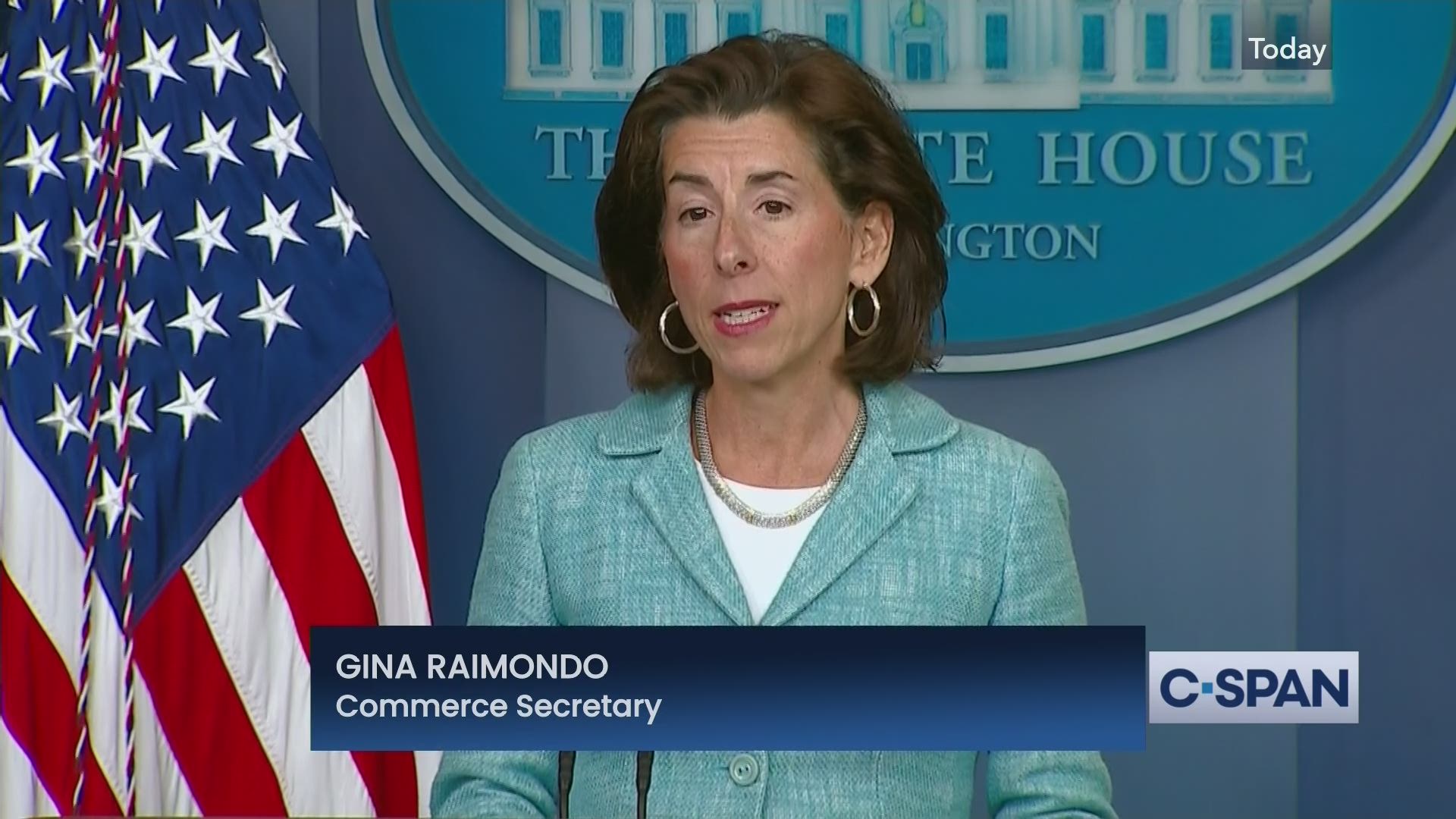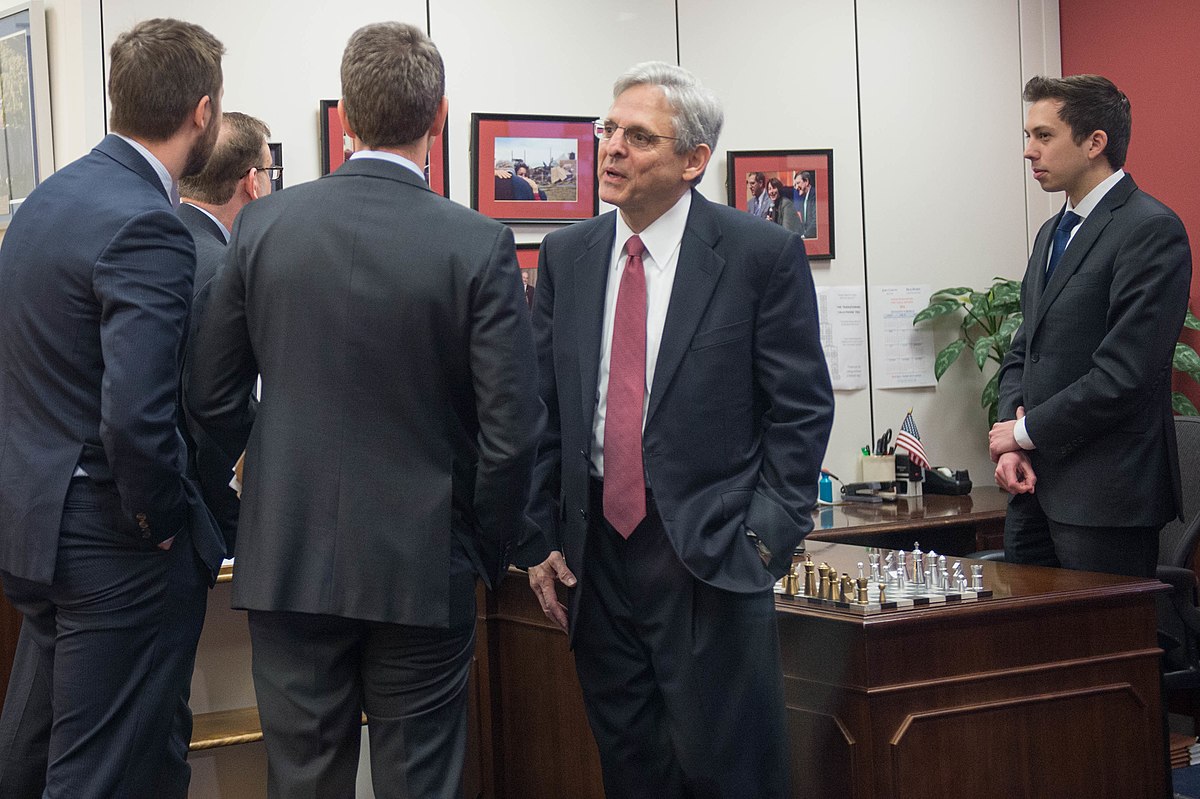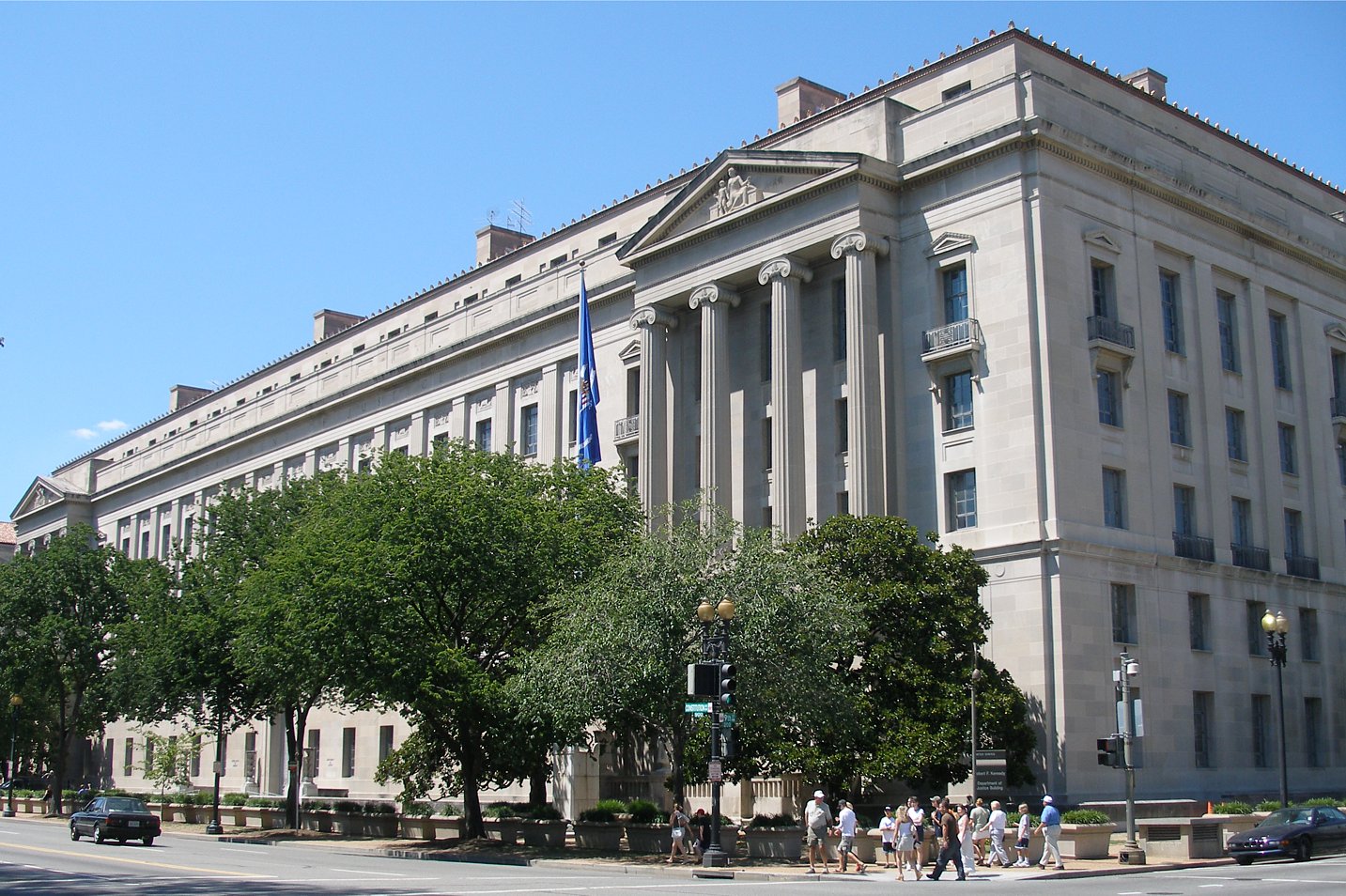Our Blog

September 16, 2021
Fed's Powell Must Place Embattled Bank Presidents On Leave, Ethics Watchdogs Write In Letter
It really shouldn’t surprise anyone that a former Carlyle Group executive — a firm whose whole profit strategy is based on exploiting insider connections in the federal government — hasn’t prioritized ethics and oversight in running the nation’s largest stockpile of potentially market-moving information.

September 16, 2021 | The American Prospect
Closing the Revolving Door in Antitrust
Economic consulting firms hire former officials to undermine antitrust efforts. Here’s how to stop that.

September 15, 2021
Do Not Give Gina Raimondo A Promotion
The Commerce Secretary is a dedicated corporate crony. Making her Treasury Secretary would be a catastrophic mistake.

September 10, 2021
Blog Post Executive BranchFederal ReserveFinancial RegulationIndependent AgenciesLarry SummersMatt Yglesias
A Brief Taxonomy Of Bad Jerome Powell Arguments
Even when these pundits have the facts right, their actual argumentation is still pretty weak.

September 09, 2021
Northwestern University Must Change Ethics Regime To Disclose Professors' Big Tech Ties, Letter Argues
The letter calls on the university to implement fair disclosure requirements for its faculty and condemn the unethical practices of former Pritzker Dean Dr. Daniel Rodriguez.

September 09, 2021
Nominating Utility And Oil Crony Brings Frustrating End To #HotFERCSummer
Phillips has done the bidding of utilities giants during his time on the D.C. Public Service Commission, and spent years working for corporate BigLaw firms which represent oil and gas interests.

September 07, 2021 | American Prospect
A Fintech Fox In The Regulatory Henhouse
Apparently, Harris just doesn’t get why regulators have to be so skeptical of the industry all the time—which makes sense, coming from a fintech executive who’s advocated for the industry on both sides of the revolving door.

September 01, 2021 | Sludge
Biden Oil Envoy Advised Emirati Gas Firm and Owns Stock in Human Rights-Violating Companies
A financial disclosure reveals that Special Envoy for Energy Affairs Amos Hochstein operated a shadow consultancy with foreign fossil fuel clients.

September 01, 2021 | The New Republic
Big Tech’s Attacks on Biden’s Anti-Monopoly Regulators Are a Joke
In a move cheered by progressives and antitrust reformers, President Biden has nominated Jonathan Kanter to serve as assistant attorney general for antitrust. Kanter’s nomination, alongside that of Lina Khan to lead the Federal Trade Commission earlier this year, is the latest sign that this administration is, for the first time in generations, fiercely committed to enforcing antitrust laws. However, this generation’s most notorious monopolies—Amazon, Facebook, and Google—are making it vividly clear that they will try anything to retain their power. That apparently includes lobbing poorly reasoned, transparently bad faith calls for their newly anointed foes to recuse themselves from relevant cases.

August 31, 2021
Biden Must Prioritize Rural Development To Help Rebuild The Heartland
With the right staff at the helm, USDA’s Rural Development Division could be the key to rebuilding rural America.

August 30, 2021
Coalition Calls On President Biden To Consider Four Key Principles In Fed Nominations
The organizations call for the next Chair, Vice Chair, and Vice Chair for Supervision to prioritize protecting against recessions, combating systemic racism, fighting climate change, and ensuring full employment.

August 30, 2021
Merrick Garland Is Failing His Biggest Test
In the past week, the Supreme Court decided to embrace its most evil tendencies, first by stating that Biden could not end Trump’s horrendous “Remain in Mexico” policy, then by clearing the way for millions to be evicted. It issued both these consequential rulings on the “shadow docket,” without even granting a fair hearing. The cruelty is breathtaking but hardly surprising. Ultimately, it underscores what we’ve always known: Biden’s agenda will face an uphill battle in the courts.

August 24, 2021
Acting Solicitor General Elizabeth Prelogar's Record Inspires No Confidence As She's Nominated To Permanent Role
Earlier this month, Biden nominated Elizabeth Prelogar for the position of Solicitor General. Prelogar, who has served as Acting Solicitor General since January, was an expected choice – her nomination was met with little more than a shrug of acquiescence and lingering questions about why the position had gone unfilled for so long. Despite Prelogar’s long history of working within the Department of Justice, her recent stint at the corporate BigLaw firm Cooley LLP and many of the decisions she made as Acting Solicitor General raise troubling questions about conflicts of interest and her commitment to fighting hard for the public interest.

August 23, 2021
An Advocate, A Hack, And An Ethics Law Violator Walk Into A Social Security Office...
Given a choice between someone who’s dedicated her career to fighting for Social Security recipients, a corporate ally with only a passing interest in the program, and an ethics law violator, Biden shouldn’t have a hard time choosing.

August 20, 2021
Biden’s Food Stamp Expansion Will Help Millions Of Struggling Americans
But the President must also hire the right people to administer SNAP and think bigger about strengthening the social safety net.
